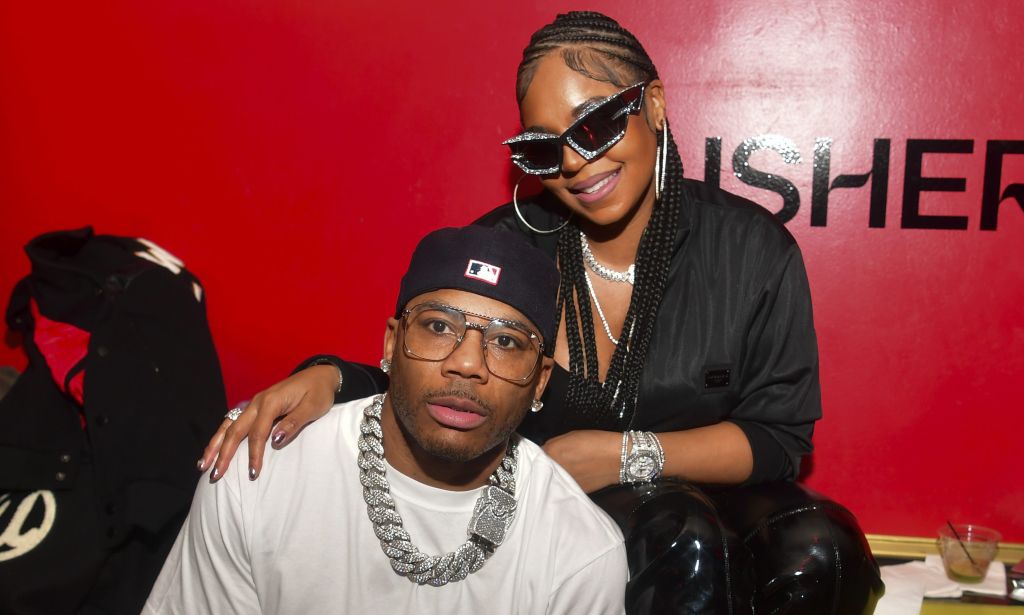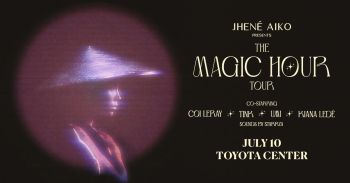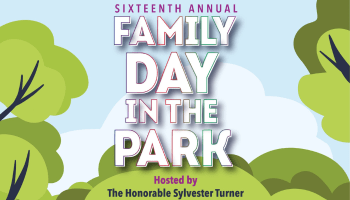They claim to give you that extra boost, but recent studies have shown that energy drinks containing large amounts of caffeine and other stimulants, can actually cause major health problems in children, teens and young adults. In fact, according to the American Association of Poison Control Centers, of the 5,448 U.S. caffeine overdoses reported in 2007, 46% occurred in those younger than 19 years. Now a new report in the journal of Pediatrics warns parents, and doctors that these drinks could be especially dangerous to children with ADHD, diabetes, sleep issues and eating disorders.
Doctors from the University of Miami School of Medicine say that although caffeine can improve attention spans, it also increases blood pressure and disrupts sleep patterns in young people. And scientists have found the attention span of kids who consumed these drinks on a daily basis eventually decreased. So did their heart rates over the long run, while their blood pressure numbers increased, which could put unnecessary pressure on the heart. Researchers note that could be dangerous for children who are on other medications
“Mixing other drugs with these drinks, could lead to a host of other complications.” says Dr. Steven Lipshultz, a pediatric cardiologist and chairman of the Department of Pediatrics at the University of Miami Leonard M. Miller School of Medicine. “The problem is, a lot of young people don’t realize what’s in these drinks and the combinations could be serious, even deadly.”
These drinks should not be consumed after long periods of exercise, or mixed with alcohol, study authors added.
“A lot of young people, especially teens and young adults think they are drinking sports drinks,” warned Lipshultz. “So they drink them after practice. But instead of replacing electrolytes in their bodies, they are adding large amounts of caffeine and other stimulants, which can rev up the body and the heart even more. ”
But the American Beverage Association, which represents the manufacturers of these drinks, says there’s plenty of caffeine in lots of drinks that are available to a younger age group. “Young adults getting coffee from popular coffeehouses are getting about twice as much caffeine as they would from a similar size energy drink,” the ABA said in a reaction statement to the Pediatrics paper.
But doctors warn that many people need to be made aware that these are not just cans of “quick energy,” but beverages that contain not only caffeine, but stimulants such as guarana and taurine, that could affect different people in different ways.
“Some kids can handle these substances, but others cannot,” says Lipshultz. “Kids need to be careful of how much they drink.”
Lipshultz and his co-authors stressed that pediatricians need to recognize symptoms and health problems associated with these drinks and should advise parents and young people of their dangers.
“The problem is, when kids come into a doctor’s office with nausea, dizziness, racing hearts and even worse, seizures, pediatricians immediately think some form of drug abuse,” says Lipshultz. “But in many cases, it could be energy drinks that are causing these problems. And doctors need to be on the lookout for that”
















